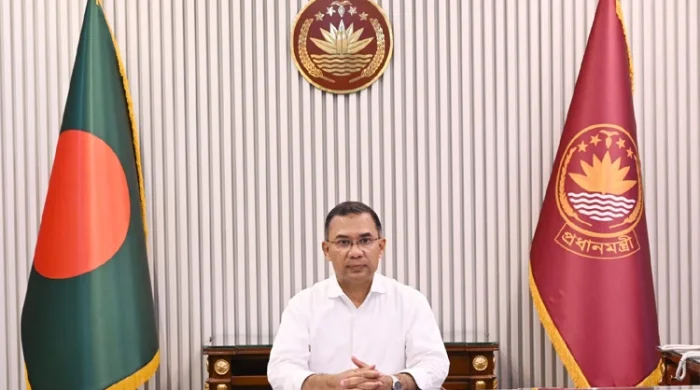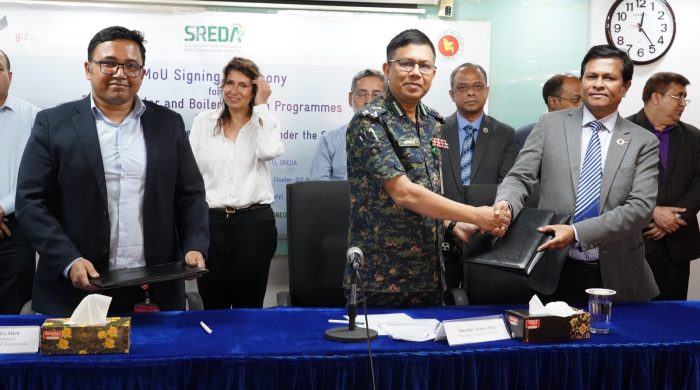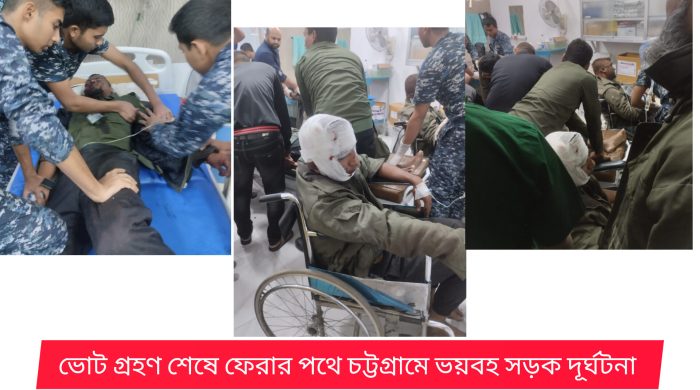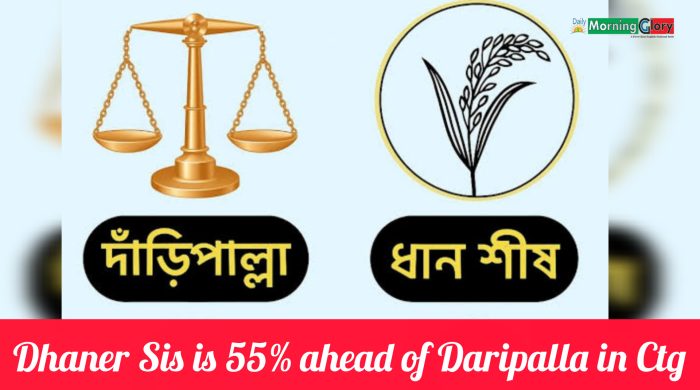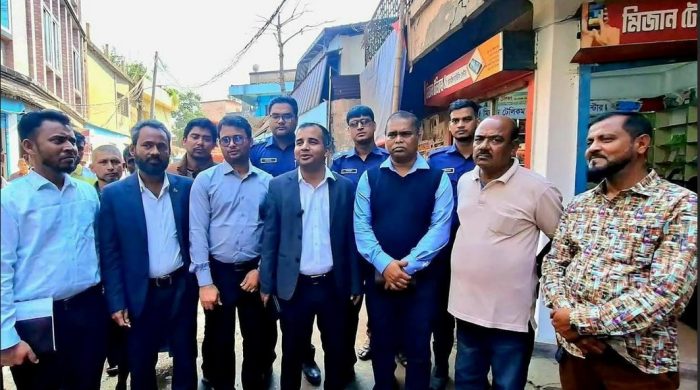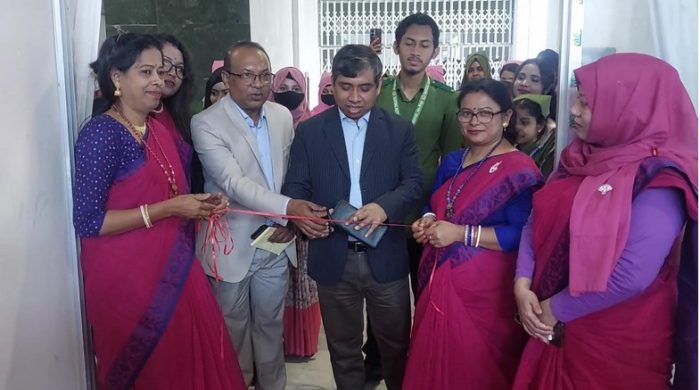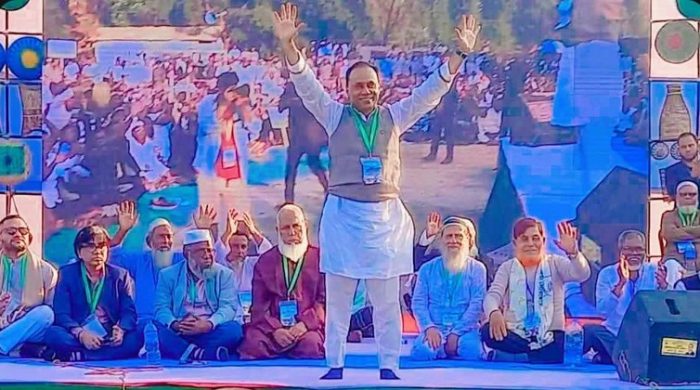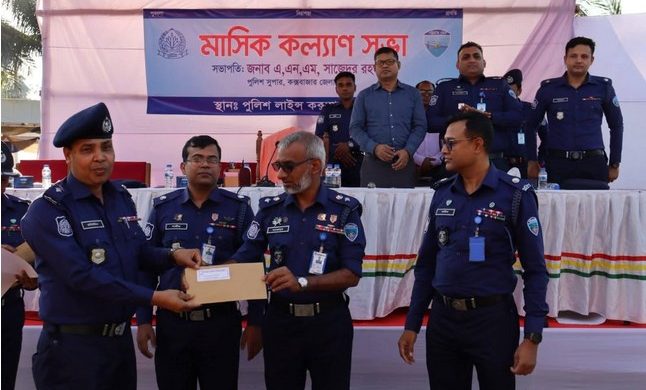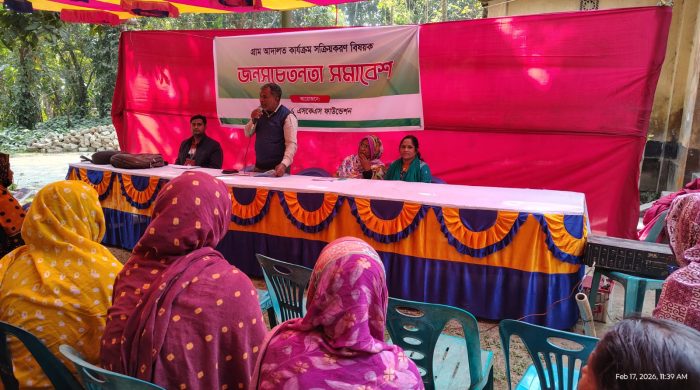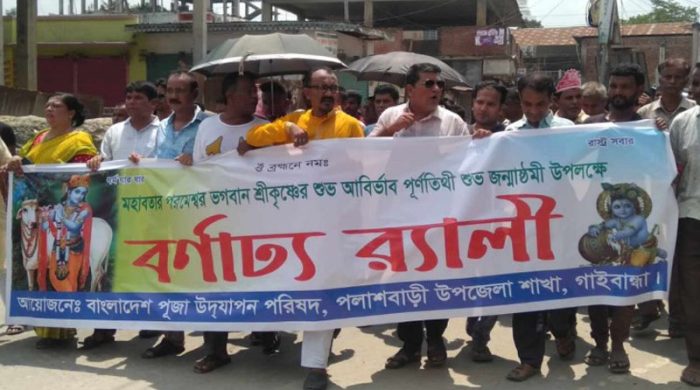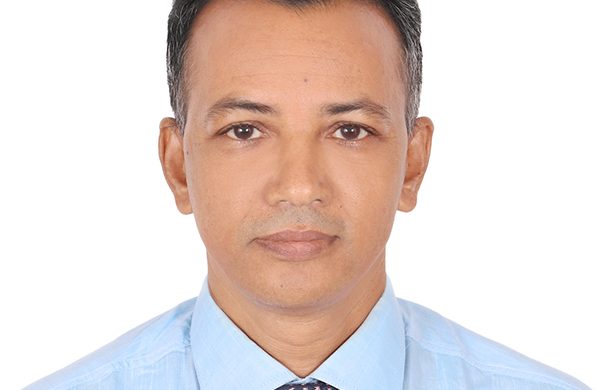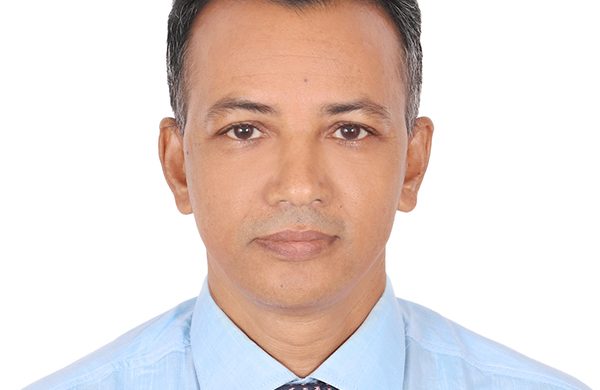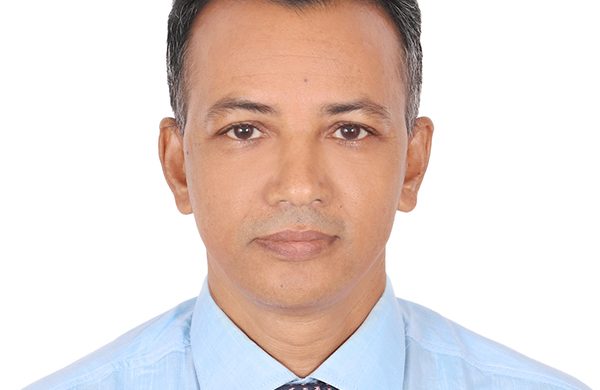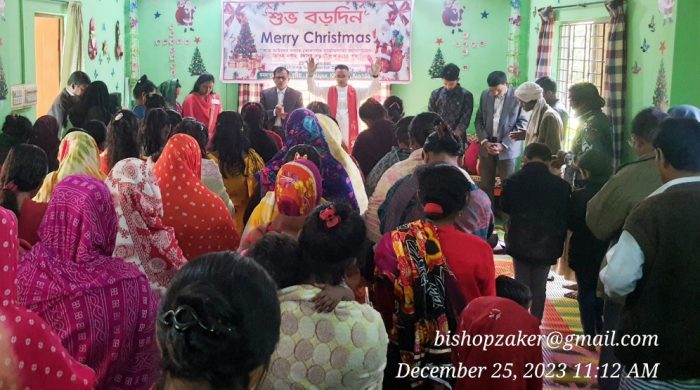Ziaur Rahman’s contribution cannot be erased through lies: Fakhrul
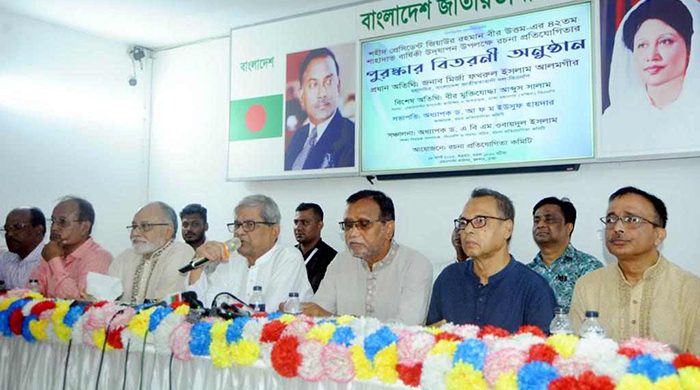
Dhaka/
The party’s secretary general Mirza Fakhrul Islam Alamgir said that the contribution of BNP founder and former president late Ziaur Rahman cannot be erased through lies.
He made this comment at an event at the BNP Chairperson’s political office in Gulshan in the capital on Friday morning.
Mirza Fakhrul said, “We cannot forget that Sheikh Mujibur Rahman’s body was lying on the stairs of his house… Then Awami League leaders formed the government. Those who spread lies today that Ziaur Rahman was involved have only one objective – to discredit Ziaur Rahman. Trying to erase him from history altogether. But that is not possible.
He said, ‘How many years have passed today – has Ziaur Rahman’s name been erased? Can’t, can’t. Those fleeting people who make history, who declare war for the birth of a state, who lay all the foundations for building a state for the welfare of the people, cannot be erased like this.’
Fakhrul said that the Prime Minister’s statement that Ziaur Rahman was involved in the incident of August 15, 1975 is a lie. He said, “Now they are telling such strange stories that Shaheed Ziaur Rahman was involved in the assassination of late leader Sheikh Mujibur Rahman.” It’s just distorting history. Misleading the movement which has started to bring back the people’s democracy. BNP was not born then. Shaheed Ziaur Rahman was not the army chief at that time. He was the Deputy Chief. Who was the army chief, the navy chief, the air force chief – when the government was formed under the leadership of Khandaker Moshtaq after that accident, they all saluted and expressed their loyalty to Khandaker Moshtaq.’
BNP General Secretary said, ‘Awami League created a state of misrule after independence. They made this country a plundering kingdom as they did. One after the other, they broke the constitution of their own making and established Emergency, Special Powers Act and finally one-party rule.
He said, “When Ziaur Rahman was given responsibility in the sepoy-janata revolution, he established multi-party democracy in the country. Before this, Awami League had a one-party rule system, all newspapers were closed, people’s rights were taken away. And Ziaur Rahman made a multi-party democracy – everyone will do politics, restrictions on newspapers will be lifted, people will be able to speak their words democratically, he introduced a free democratic system.
BNP Secretary General said, ‘The country is in a deep crisis. Martyred President Leader Ziaur Rahman showed us the way out of this crisis. Because, in 1971, when the political leadership completely failed, even those who were negotiating with the government of Pakistan, Yahya Khan’s government, how to do an apsarfa, federation or not; At that time, Ziaur Rahman started the war by declaring the liberation war with courage and strength. It is a rare thing. It is not possible for any human being.
Mirza Fakhrul said, “On the other hand, he (Ziaur Rahman) made Bangladesh a potential country within three and a half years with his talent, skills and honesty.” In continuation of this, Bangladesh became an emerging tiger during the time of the country’s leader Begum Khaleda Zia. And now it is being called a government of fascist thugs and extortionists. The people have united today to overcome this situation.
This event was held to celebrate the 42nd martyrdom anniversary of Ziaur Rahman. A total of 69 people were awarded in three phases. Among them, Jihad Ibn Imran, Mostakim Hasan, Humaira Jannat Parthana at the elementary level, Aftekhar Enam Nahid, Talam Mahmud Nibas, Abu Hasan Nahyan at the secondary level and Kaniz Fatema Konik, Azam Iqbal Shipan and Mohammad Abdullah Al Noman at the higher and open level were first in their respective categories. Second and third.
Essay competition committee president Professor Dr. Abdus Salam, advisor to party chairperson, spoke under the chairmanship of AFM Yusuf Haider and moderated by Education Affairs Secretary Professor ABM Obaidul Islam.
Prof. Abdul Latif Masum, Prof. Lutfur Rahman, Prof. Dr. Mohammad Chiddikur Rahman, Professor Emtaj Hossain, Professor Shamsul Alam Salim, Professor Nurul Islam, Professor Saifuddin Ahmed, Professor Israfil Pramanik, Shamsuzzaman Mehdi and other teachers were present.




